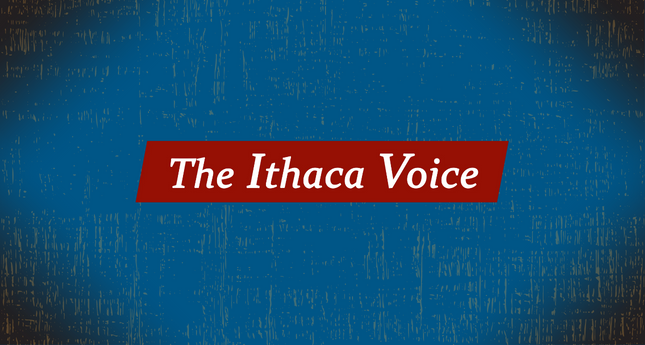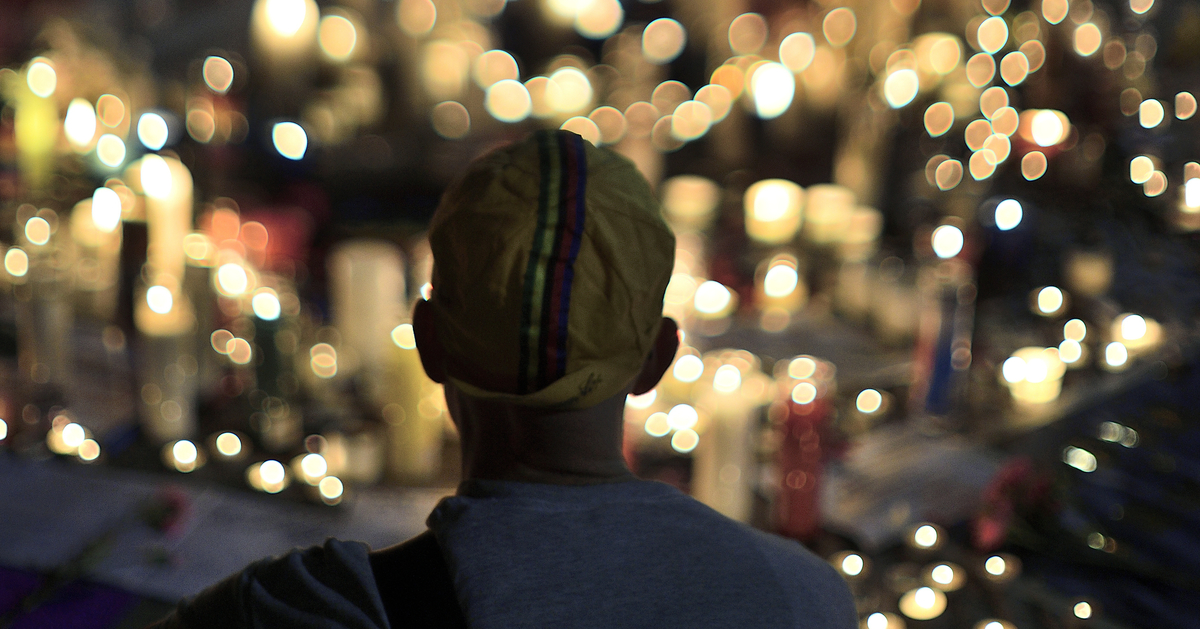Op-Ed: We must provide more support to victims & survivors

This is an op-ed written by New York State Assemblyperson Anna Kelles who represents Tompkins County and parts of Cortland County. It was not written by The Ithaca Voice. To submit op-eds, letters to the editor or editorials, please send them to Matt Butler at mbutler@ithacavoice.com.
This week is National Crime Victims’ Rights week — an opportunity for us to both take stock of how we show up for victims and survivors and to recommit ourselves to improving overall safety and supporting healing for everyone in our communities.
As a public health expert, I believe in following the data and one statistic is particularly jarring: Only 4% of crime victims receive any support from victim compensation funds nationwide. Policymakers across the country have designed several barriers to these life-saving resources that disproportionately lock out the same people and communities most likely to be harmed by crime and violence. For example, national data shows that Black people experience 10 times the gun homicides and 18 times the gun assault injuries compared to white people.
Not coincidentally, the communities that are most likely to have a disproportionate number of victims are also the same communities most likely to be harmed by mass incarceration. For example, 44% of people from Tompkins county that are in state prison are people of color, even though 81% of our overall county population is white. Black people represent only 4% of our county’s population yet they represent 36% of county residents who are currently in prison.
Our current criminal justice system isn’t working for all. That’s why this year I’m collaborating with some of the state’s leading victim and survivor advocates to advance a package of legislation promoting safety, healing and justice for all New Yorkers.
One bill in the Legislature, the Fair Access to Victim Compensation Act, would remove the most common barriers to compensation funds, while two other bills, the Elder Parole and the Fair & Timely Parole legislation, would restore the parole system to its original purpose of evaluating people’s transformation and readiness for release. All three deserve to pass this year.
Victim compensation funds are used to help victims and survivors cover the costs that arise as a result of a crime, including hospital bills, burial expenses, temporary housing, or lock replacement. This funding can help survivors regain stability after a traumatic event as they seek to heal and establish a new “normal”. However, several eligibility requirements can make victim compensation inaccessible, particularly for Black people, Indigenous people, and other People of Color (BIPOC), members of the LGBTQIA+ community, working class people, disabled people, and immigrants.
One major barrier to accessing these funds is the mandated reporting of crimes to law enforcement. People who have experienced trauma at the hands of police and the courts, as well as those without lawful immigration status, for example, may not feel safe going to their local precinct or even calling 911. Even when they do speak to law enforcement, many report that they are not taken seriously, whether because of their own arrest records or perhaps because they broke the law while trying to protect themselves. While there are diverse perspectives on how best to address the gap between law enforcement and communities, victims and survivors should not be deprived of support in the meantime.
Other barriers include funding request deadlines that are too short, definitions of harm that are too narrow, and a general lack of public awareness about the funds.
Overall community safety depends on everyone in the community having the resources they need and when necessary, engaging with a criminal justice system that prioritizes safety and healing. However, rather than directly supporting all victims, current victim compensation programs are often held as a bargaining chip to victims for aiding police and prosecutors in investigating the case, even when doing so may re-traumatize them. This, in turn, makes us all less safe, because we know that violence and trauma, left unaddressed, can become cyclical. The Fair Access to Victim Compensation Act is designed to prevent these negative consequences.
There’s a common refrain: hurt people hurt people. Let’s turn that around and recognize that healed people heal people. Those who have overcome trauma are often best positioned to help others do the same – to stop the cycles of violence. We know that when an incident of violence – or a pattern of violence – occurs, more often than not the person who caused the harm has, themselves, been a victim in the past. That does not, in any way, excuse their actions, or shield them from accountability, but it should factor into our collective long-term response. When we endeavor to heal one, we begin to heal all.
Yet, our current system is designed to prioritize punishment, often meeting harm with more harm without a pathway to transformation. Of the roughly 31,000 people in New York State prisons – many of them victims of crime before they were incarcerated – more than one-in-five is serving a life sentence. According to the State Comptroller, even as the overall prison population declined in recent years, the number of older adults behind bars has only grown and the effects are clear: New Yorkers are dying behind bars more than once every three days, according to data compiled by Columbia University, because, as the data shows, harsh and lifetime sentences and racially-biased parole denials ignore people’s transformations behind bars. Under existing laws, the Parole Board most often only considers the nature of their original conviction, the one thing they can never change. This occurs despite the fact that rehabilitated people in prison routinely develop and facilitate some of the most effective anti-violence programs in the country.
The Elder Parole legislation, given the data that people physiologically age faster in prison and the fact that older people are significantly less likely to recidivate, provides those over 55-years-old who have served at least 15 years an opportunity to be heard by a parole board. Fair and Timely Parole legislation emphasizes an evaluation of an individual’s actions while incarcerated, particularly actions that show transformation, as well as any risk of re-arrest, during a parole hearing.
Fair Access to Victim Compensation in combination with Elder Parole, and Fair & Timely Parole, collectively improve access to key resources for victims and survivors, promote a pathway to redemption for incarcerated people and their families, and create a framework for a criminal justice system that prioritizes justice and healing for all.
Read the original article here.


